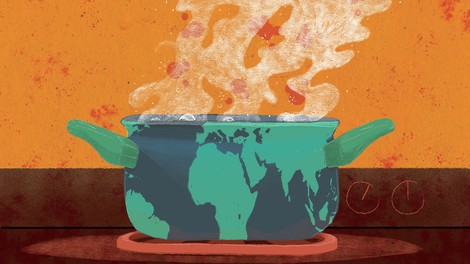Your podcast discovery platform
Curious minds select the most fascinating podcasts from around the world. Discover hand-piqd audio recommendations on your favorite topics.

piqer for: Global finds Technology and society Health and Sanity
Nechama Brodie is a South African journalist and researcher. She is the author of six books, including two critically acclaimed urban histories of Johannesburg and Cape Town. She works as the head of training and research at TRI Facts, part of independent fact-checking organisation Africa Check, and is completing a PhD in data methodology and media studies at the University of the Witwatersrand.
Want To Fight False News? Teach Kids Science!
As a working fact-checker (it's literally one of my day jobs), I'm concerned about what feels like a losing battle being waged against what I call "false news" (and what many others like to lump into the basket of so-called "fake news", without really stopping to think why this is so or what this means). News hoaxes, misinformation, propaganda ... none of these things are new, and yet it feels like, as we become more technologically advanced, and faster, in our ability to communicate, we've lost some important skills in telling the difference between good information and bad information, or better and worse sources.
Which is why I really love this bottom-up approach to confronting the issue: teaching critical thinking skills to younger learners. And what is better than the scientific method? This article gives excellent examples, and also sums up many of the frustrations I experience as an adult, training other adults (often journalists themselves) about fact-checking and critical thinking skills. Importantly, it also suggests a very practical and elegant solution: rather than teach people "the truth" (is there such a thing anyway?), experts suggest we "[t]each them to gather evidence, check sources, deduce, hypothesize and synthesize results. Hopefully, then, they will come to the truth on their own."
